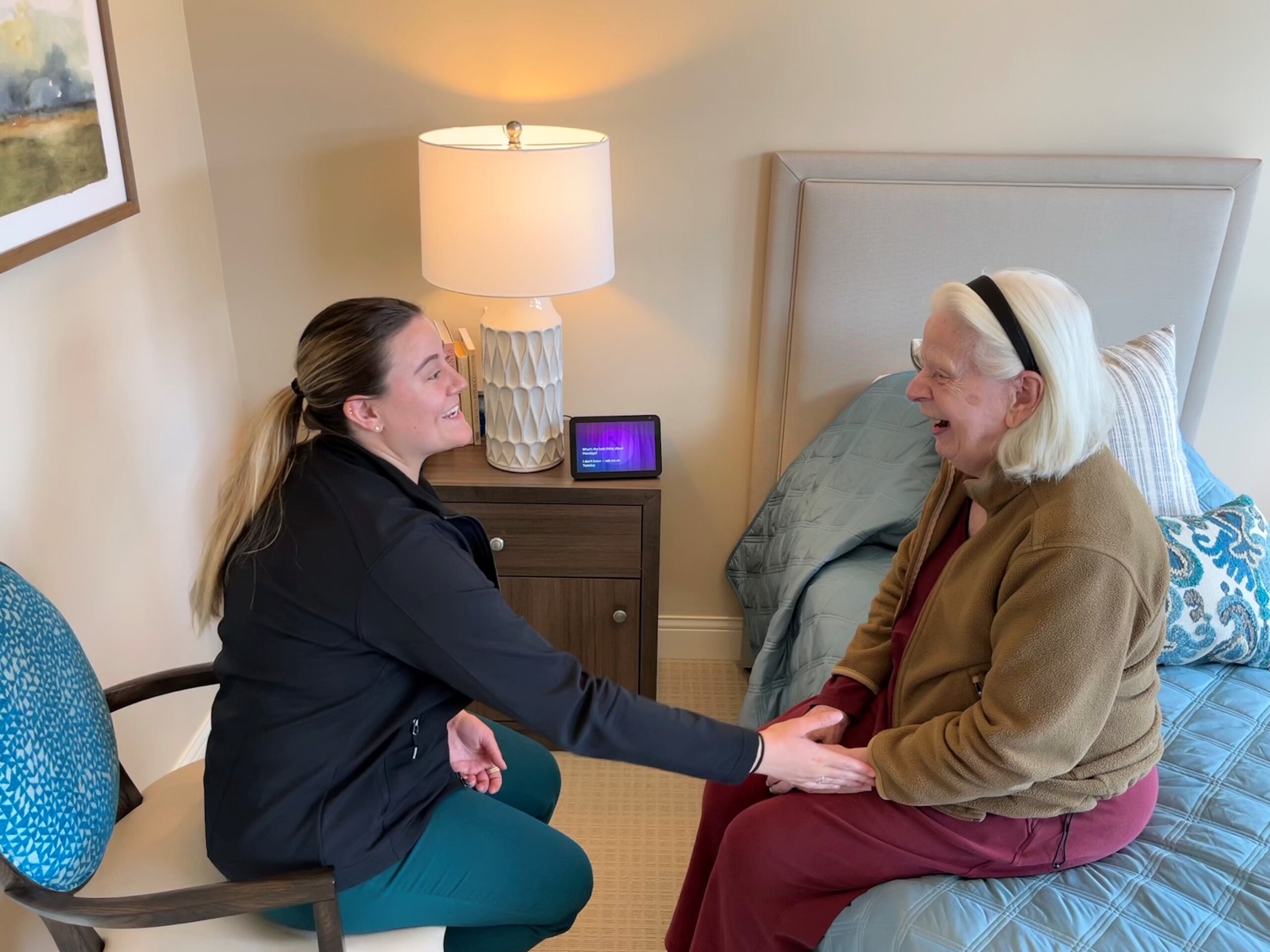03/18/2024
Everyone’s life goals are different. However, no matter the age or background of the residents you talk to in the halls and common areas of The Forum at Rancho San Antonio, they’re sure to tell you they wished they had moved in sooner. That’s because whether you have dreams of world travel or enjoy your solitary pursuits, The Forum can help you get even more out of life.
How Owning a Home Can End Up Owning You
Regardless of how old your home is, it’s going to need upkeep and maintenance. Granted, the newer your home, hopefully the fewer costly repairs it’ll need, but there’s always something that needs fixing. If your home has high-end finishes and appliances, maintenance costs would be higher than for another house with lower end finishes and appliances. That’s why it’s important to have a plan for eventual home repairs. Here are two popular ways to estimate what you’ll need every year to look after your home:
The 1% rule: This rule recommends budgeting at least 1% of the home’s purchase price for maintenance expenses. So, if you purchased a $500,000 home, you should budget a minimum of $5,000 for upkeep and repairs using this rule. If you purchased your home decades ago, it might be more helpful to use the current asking price in your neighborhood. If your home is older, it’s more likely to need even more repairs, so you might want to set aside up to 4% of your home’s value. In the above example of a $500,000 house, that could mean maintenance costs of up to $20,000 a year.
The square-footage rule: For this rule you should plan on putting away $1 per square foot of your home for annual repairs. However, home maintenance and repair labor costs vary with the cost of living across the U.S., so your budget should reflect your area’s rates.
What Age Should I Move into a CCRC?
While many seniors think they’ll move when they need care, there are advantages to moving to a continuing care retirement community sooner rather than later. To help you make the best choice, consider these five questions:
- Are you ready to give up the chores and expense of home maintenance and upkeep?
- Would you like to cook and clean less?
- Do you want to socialize and travel more?
- Is it time to learn a new hobby or make time for an old one?
- Would you like to decide your future rather than have your family decide for you?
If you answered “yes” to any of these, it’s time to seriously consider the independent lifestyle at a continuing care retirement community
Moving to a Community Has Its Benefits
If you’re an active adult, choosing a Continuing Care Retirement Community (CCRC) — like The Forum — with a full continuum of on-site care can give you a smart plan for the future, however, there’s more to a community than just their health care. Moving while you’re still healthy can give you access to a more active and social lifestyle than you’re able to enjoy from your home right now.
Daily driving: Is driving something you do because you want to or because you have to? Communities like The Forum can radically shrink the time and distance you have to drive by having many of the services you need right on-site. Plus, they have scheduled transportation to take you shopping and to doctors’ appointments.
No more cooking: Today’s communities feature restaurant-style dining options, grab-and-go cafes and more. So, you no longer have the responsibility of cooking and the required cleanup. Of course, you’ll still have a full kitchen in your home, allowing you to cook when the mood strikes.
More wellness opportunities: It can be difficult to get enough exercise, prepare nutritious meals, and pursue other wellness objectives. A community with a strong health and wellness philosophy will already have classes that exercise your mind, body and spirit, along with health-conscious menu options that will make meeting your goals easier and more convenient.
More social opportunities: Two recent studies came to the same conclusion: as we age, socializing helps keep our minds sharp and, perhaps, even helps prevent dementia. A community can offer you an array of interesting neighbors along with a calendar full of stimulating recreational, cultural and social events.
Can You Wait Too Long?
Who knows what the future holds? Yes, you could be in great health today and plan to move to a community someday. Or you could wait to move to a community when you think you need it, but who will decide? Here are three reasons why you may want to make up your mind sooner rather than later:
Maintain your independence: Typically, to move into senior living, you must be able to truly live on your own. Some people wait too long and experience an unexpected health issue and only qualify for assisted living.
Choice of floor plans: If you want a specific type of residence or floor plan, waiting could mean you miss out on your preferred residence. If you’re already planning to move to a senior living community sometime in your future, a good option is to get on a waitlist for your preferred residence now.
Plan for the future: Deciding to move now lets you pick the community that best fits your lifestyle and budget. Plus, choosing a community that has access to health services takes the worry and uncertainty off your loved ones.
Discover Just How Amazing Your Future Can Be
Ready to explore a retirement backed with a continuum of on-site care if ever needed? You can explore our residence options at The Forum here. When you find something you’d like to see in person, use our Community Assistant chat feature, or contact us here to schedule your personal visit.








